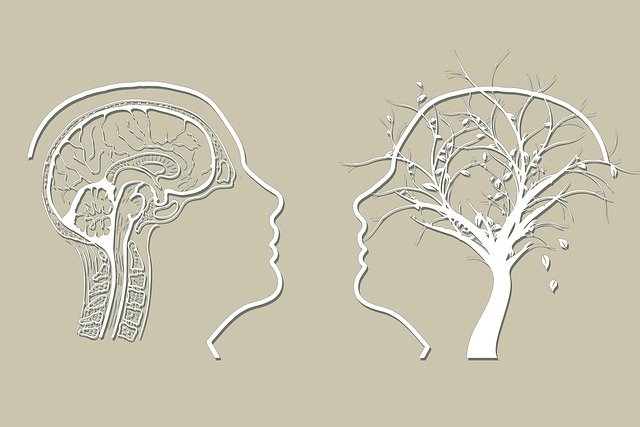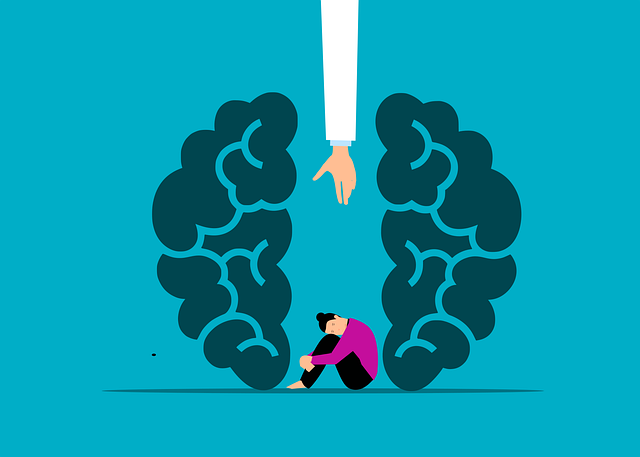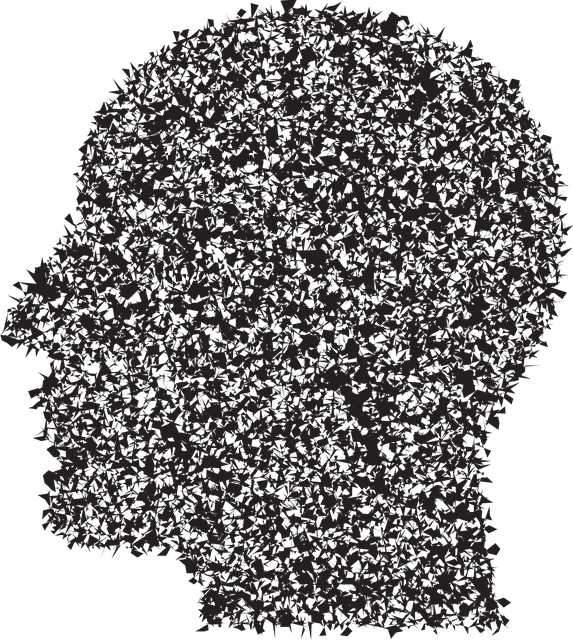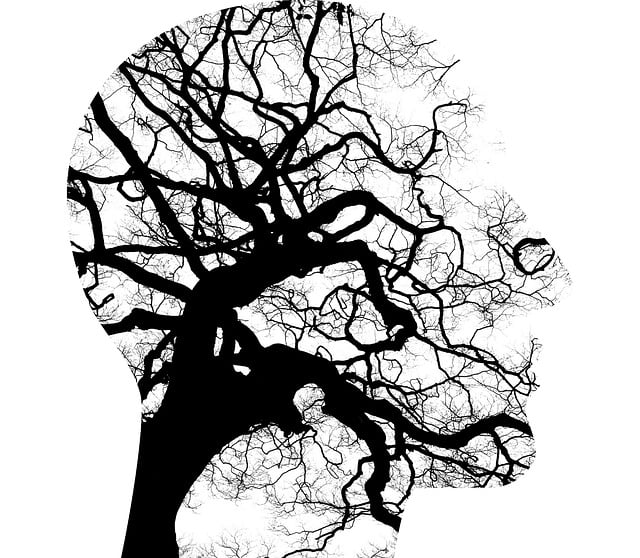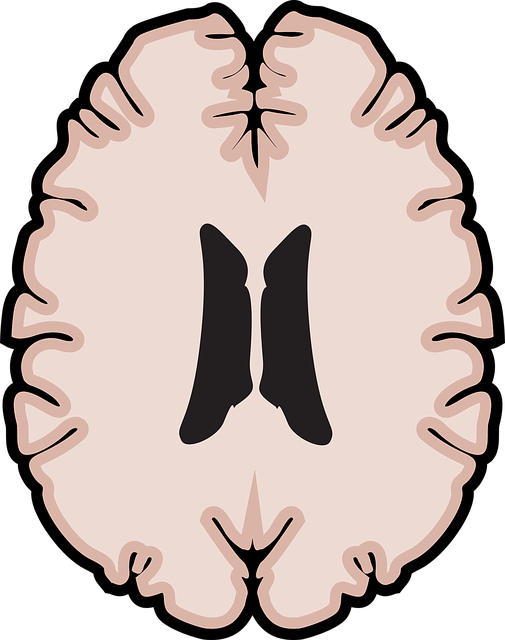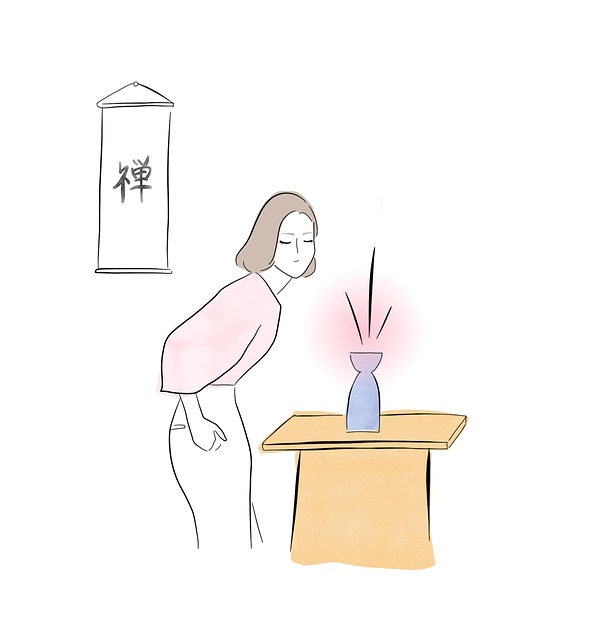Stress is a leading concern among elders, driven by financial worries, health issues, and social isolation, which can escalate into severe mental health problems like depression and anxiety if left unchecked. To combat this, tailored mental health education programs focusing on therapy for elders depression are crucial. These initiatives should include specialized therapy techniques adapted to senior needs, such as cognitive-behavioral therapy (CBT), along with tools like Risk Management Planning. Integrating stress management techniques through mindfulness meditation, physical activity, community outreach, and trauma support services enhances mental wellness. Healthcare providers must prioritize burnout prevention strategies to support the unique mental health challenges faced by elderly individuals.
Stress management techniques are essential for maintaining mental well-being, especially among elderly individuals. This article delves into the critical aspects of understanding and addressing stress in older adults, focusing on identifying depression—a common yet often overlooked issue. We explore effective therapy approaches tailored to the unique needs of the elderly and provide practical strategies for integrating stress management into daily routines. By empowering caregivers and family members with these tools, we can significantly enhance the mental health and overall quality of life for our aging population, particularly in relation to therapy for elders depression.
- Understanding Stress and Its Impact on Elders
- Identifying Depression in Older Adults
- Effective Therapy Approaches for Elderly Individuals
- Integrating Stress Management Techniques into Daily Life
- Supporting Elderly Mental Well-being Through Teaching
Understanding Stress and Its Impact on Elders

Stress is a pervasive issue among elders, often stemming from various factors such as financial concerns, health problems, and social isolation. These challenges can significantly impact their overall well-being and quality of life. Understanding stress is the first step towards helping this demographic manage it effectively. Elders may experience chronic stress, which, if left unaddressed, can lead to severe mental health issues like depression and anxiety.
Mental Health Education Programs Design tailored for elders can play a pivotal role in promoting emotional healing processes. These programs should incorporate therapy techniques designed specifically for older adults, considering the unique risks associated with aging. For instance, Risk Management Planning for Mental Health Professionals is essential to ensure they have the skills needed to support elders through vulnerable phases of life. By incorporating these strategies, care professionals can significantly contribute to stress reduction and enhance the mental health and resilience of elderly individuals.
Identifying Depression in Older Adults

Depression is a common yet often overlooked issue among older adults, who may face unique challenges that contribute to their mental health struggles. As people age, they might experience significant life changes, such as retirement, loss of loved ones, or reduced mobility, which can impact their emotional well-being. Identifying depression in this demographic requires a nuanced approach, as symptoms can differ from those typically associated with younger individuals. For instance, older adults may exhibit less obvious signs like increased apathy, difficulty concentrating, or changes in appetite and sleep patterns, rather than the more noticeable sadness and irritability.
Recognizing these subtle indicators is crucial for initiating therapy for elders depression. Professional support tailored to this population can include cognitive-behavioural therapy, which focuses on identifying negative thought patterns and replacing them with healthier mind over matter principles. Additionally, building resilience through emotional well-being promotion techniques can empower older adults to manage their mental health effectively, fostering a sense of control and overall wellbeing.
Effective Therapy Approaches for Elderly Individuals

Elderly individuals often face unique challenges when it comes to managing stress and mental health. This demographic is more susceptible to feelings of isolation, loneliness, and depression due to various factors such as physical limitations, reduced mobility, and the loss of loved ones. Therefore, tailored therapy approaches are essential in helping seniors navigate these emotional hurdles.
Cognitive-behavioural therapy (CBT) has proven effective for older adults with depressive symptoms. CBT focuses on challenging negative thought patterns and behaviours, teaching individuals more adaptive coping mechanisms. This approach is valuable as it empowers seniors to take an active role in managing their mental health. Additionally, integrating Mind Over Matter principles can be powerful; encouraging a positive mindset and reframing thoughts can significantly impact stress reduction and overall well-being. For healthcare providers working with elders, understanding Burnout Prevention Strategies is crucial, as it allows them to support not just physical health but also the psychological needs of this vulnerable group through Self-Awareness Exercises.
Integrating Stress Management Techniques into Daily Life

Integrating stress management techniques into daily life is a crucial step for maintaining mental wellness, especially as we age. For elders dealing with depression or other mental health challenges, these strategies can be transformative. Simple practices such as mindfulness meditation and deep breathing exercises have been shown to reduce symptoms of anxiety and improve overall mood. Incorporating physical activity, even short walks, can also significantly enhance mental clarity and provide a sense of accomplishment.
Community outreach programs and mental wellness coaching can play a vital role in this process. Development of tailored coaching programs can offer personalized support, teaching individuals how to manage stress effectively. Additionally, trauma support services should be accessible, as many elders carry historical burdens that can impact their present-day well-being. By combining these approaches, we can foster a holistic environment that empowers seniors to navigate life’s challenges with resilience and grace.
Supporting Elderly Mental Well-being Through Teaching

Teaching stress management techniques can significantly contribute to the mental well-being of the elderly population. As our society ages, recognizing and addressing unique challenges that come with later life stages is essential. Many older adults face chronic stress related to health issues, loneliness, or financial constraints, which can lead to depression if left unaddressed. Thus, incorporating therapeutic approaches tailored for this demographic is crucial in mental health education programs design.
Mental wellness coaching programs development should focus on fostering resilience and coping mechanisms. This can be achieved through risk management planning for mental health professionals, ensuring they are equipped to support the complex needs of the elderly. By integrating evidence-based practices, such as mindfulness exercises or cognitive behavioral therapy adaptations, into their teaching, professionals can empower the elderly with effective tools to navigate stress and maintain a positive outlook on life.
By integrating stress management techniques into daily routines, we can significantly enhance the mental well-being of elderly individuals. Understanding the unique challenges they face, such as isolation and health concerns, is crucial. Identifying depression early through observances of changes in mood or behavior allows for timely intervention using effective therapy approaches tailored to their needs. Through teaching practical coping strategies, we empower seniors to navigate stress, improve overall mental health, and maintain a higher quality of life. This holistic approach, focusing on both physical and emotional well-being, is key to supporting our elderly population.

